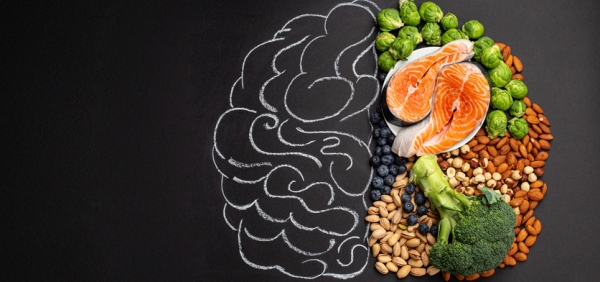Living with Parkinson’s disease can be difficult – not only because of its physiological effects but also because it requires some significant lifestyle changes.
If you or your loved one has Parkinson’s, you should consider whether a diet change would help. A careful diet can ease symptoms and increase freedom for independent living in Bradenton, FL, or anywhere else.
Why Is Diet Important?
There are two reasons to pay attention to your diet when you have Parkinson’s. First, some foods won’t mix well with your medications, which can hinder your health.
Second, Parkinson’s is caused by a loss of nerve cells in the brain. One of the best ways to help maintain a healthy brain is by eating the right foods.
Foods for Parkinson’s Patients to Avoid
Individuals living with Parkinson’s should avoid foods that are acidic, salty, processed, or high in protein. For more information on these foods, keep reading.
Acidic Foods
An unfortunate side effect of some medications prescribed for Parkinson’s is nausea.
Nausea is a major barrier to some adults with Parkinson’s getting the right nutrition they need. If your loved one has Parkinson’s, you may have observed their loss of appetite and food avoidance because of nausea they experience after a meal.
Acidic foods could be the culprit. Limiting acidic foods, especially while processing medications, can help relieve symptoms of nausea and improve overall appetite.
Individuals with Parkinson’s seeking independent living in Bradenton, FL, should choose a facility that makes conscious, nutritional choices that mitigate nausea.
Salty Foods
Good blood flow throughout the body is crucial when trying to keep the symptoms of Parkinson’s at bay. Salty foods are associated with high blood pressure, which limits blood flow throughout your body.
This is a tough category for many individuals because just about everything contains sodium. Healthy levels of sodium can be difficult to track, especially if you or your loved one is experiencing memory loss as a symptom of Parkinson’s.
Processed Foods
Processed foods aren’t good for anyone – especially not adults with Parkinson’s.
An unfortunate symptom of Parkinson’s is constipation. Processed foods are notorious for lacking fiber, a crucial nutrient for healthy bowel movements. Plus, processed foods are high in nitrates and salt, which may be detrimental to brain health.
Many scientists are connecting a healthy gut with a healthy brain. To help maintain gut health, avoid processed foods and try to eat whole foods as much as possible.
High-Protein Foods
Protein is so good for your body for a variety of reasons. However, too much protein can have negative results.
For individuals with Parkinson’s, high-protein foods can impede medication absorption. Without properly absorbing medication, it will be difficult to minimize the symptoms of Parkinson’s.
For some adults, this is simply a matter of the timing of protein consumption. Others might need to significantly cut back on protein.
Healthy, Nutrition-Conscious Independent Living in Bradenton, FL
Diets are complicated. Complex diets like those adults with Parkinson’s need are even more complicated.
Independent living facilities can be a great way to simplify your lifestyle by letting a team of experts manage your or your loved one’s nutrition on your behalf.





